Mental Restraints
We all do it. And it’s a huge hidden cost. We make decisions based on our intuition, on our sense of what’s there that’s important, on our own historical derivations, on our cognitive biases. We think we’re working with the facts, but as Hans Rosling in Factfulness demonstrates in chapter after chapter, our construction of reality which decides our view and ultimately our decisions every day is wrong about some basic truths that we hold evident.
The book focuses on perceptions that become fact, legacy assumptions that we still use to understand a vastly different world which has outgrown old definitions and old constructions. Where we believe our guiding light is rational enlightened thinking which provides us with a comfortable certainty, Rosling paints a very different instinctual thinking.
As an educated humanity we see ourselves as beneficiaries of a scientific method that moved us away from dogmas, principles that are set down by something or someone as being true usually without any lingering proof, but because of the way our minds work, we make certain truths, that keep us within a comfort level of knowledge, into dogmas well past their usefulness.
And we have data. We have our facts derived from that data. The reason we don’t see the real factual result from that data according to Rosling is because of 10 overwhelming human instincts: the gap instinct, the negativity instinct, the straight-line instinct, the fear instinct, the size instinct, the generalization instinct, the destiny instinct, the single perspective instinct, the blame instinct, and the urgency instinct.
Each one is a fascinating probe into the human-ness of our rational-ness. However enlightened we think we are, we actually move further away from real perception. That’s a factor in the single perspective instinct where Rosling cautions, “Factfulness is recognizing that a single perspective can limit your imagination, remembering that it is better to look at problems from many angles to get a more accurate understanding and find practical solutions.” (Factfulness, p.202)

Mental Innovation
Rosling goes on to explain that controlling this single perspective instinct requires an individual to test their ideas, not to just find ways to reinforce what we think we know. Understand where your expertise ends and be open to what’s new even if it contradicts what you know. Realize that being good with a tool will make you want to use that tool over and over again. But no one tool is good for everything and not forever. Innovation and discovery need to be a part of building your own toolkit. And finally, welcome complexity and ideas that build. Simple solutions are wonderful, but not in the layered intricacy of the modern environment.
Petro.ai sees this struggle on a daily basis. The oil and gas industry resonates with legacy tools that must be replaced to accurately describe shale and use that important reservoir to its full advantage. It’s hard to change when you’ve learned one software, when you understand one way, when you need to shift a vision that has seen and worked in conventional wells but is leaving precious resources in the ground in unconventionals.
Moving into the world of AI challenges the comfort expertise of many in oil and gas today. Deloitte suggests, “What should O&G companies do to guard against downside risk and be ready for any potential upsides in 2021? Companies should consider accelerating digital transformation to reduce operating costs, “variablizing” their fixed costs of support functions, maintaining flexibility in their operations, and optimizing their capital allocation for the projects of tomorrow.” Moving away from a single perspective instinct increases a company’s agility and broadens the opportunities.
New solutions are built in the minds of people who are hungry for them. Solutions exist now in the frontiering work of new processes like Petro.ai that are based on sound solid science, on models that bring in the relevant facts to produce the accurate fact-based results. As we leave behind the single-minded approach, we leave behind the one curve that can’t be applied to everything and the one way it was done last time which should work this time. As we expend the energy to expand into an option-filled understanding of the subsurface, we will make shale an economic viability and oil and gas an industry of the future.




